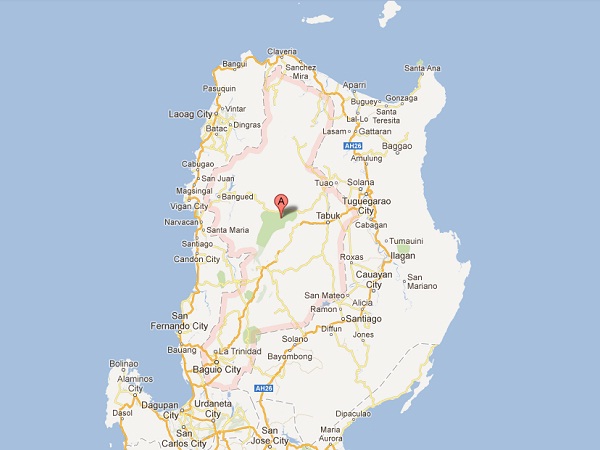Cordillera couples stay away from contraception
BAGUIO CITY—Sexually active couples in the Cordillera have not been using contraception as often as they should, discouraged by the extra expense, the desire to have multiple children, and their religious affiliations, health officials said here this week.
Citing state-led family development sessions from January to the first week of August this year, the Commission on Population (Popcom) said many couples also failed to show interest in the controversial reproductive health bill.
“Maybe they thought that RH bill has no connection to their lives. So what we do is conduct separate forums on the RH bill,” said Mary Cerezo, Popcom planning officer in the Cordillera, during a news conference here.
Cerezo said 5,168 couples who attended the family development sessions indicated they favor practicing the rhythm method and other traditional birth control methods when they engage in intercourse, believing that buying contraceptives would be an unnecessary burden on the family budget.
These sessions were held in 140 barangays of 16 Cordillera towns.
Article continues after this advertisementCerezo said government’s task is to encourage couples to assimilate modern birth control methods which have been validated scientifically.
Article continues after this advertisementThe social lifestyle has changed and birth control methods must catch up with the times, she said.
She also said single parenting has become a trend in the upland region, where one in every four pregnant teenagers become single mothers.
From the sessions, it was learned that on occasion, it is the male partner who refuses contraception or condoms. Some couples also fear the medical side effects of using contraceptives, based on a survey released this month by the Cordillera office of the National Statistics Office.
Dr. Mary Jane Muñoz, Cordillera family planning coordinator of the Department of Health, said 41,000 women have been classified by government as “sexually active women of reproductive age,” and they would therefore need improved reproductive health services.
These women may be as young as 13 and as old as 49. Most of them want to avoid or delay pregnancy but have not accessed government’s family planning services and reproductive health programs.
Edith Mesina, Popcom Cordillera project education officer, said the survey also confirmed data showing that the Cordillera has insufficient and inefficient prenatal and health care programs for pregnant women. The survey also validated a shortage of health clinics and hospitals in the region.
